In 1964, Martin Luther King was awarded the Nobel Peace Prize in recognition of his efforts toward equal rights for all. Read the speech he gave the day after accepting this honor.


In 1964, Martin Luther King was awarded the Nobel Peace Prize in recognition of his efforts toward equal rights for all. Read the speech he gave the day after accepting this honor.

Watch a video on, and read about, the 1965 Selma to Montgomery voting rights marches.

Learn about the hardships and decisions made by one of the most Important scientists of the 20th century.

Labor organizer Cesar Chavez was awarded the Presidential Medal of Freedom for working to improve working and living conditions for migrant farm workers. Learn how he found the courage to speak out, organize a farm workers’ union, and lead nonviolent marches and boycotts of California table grape growers.
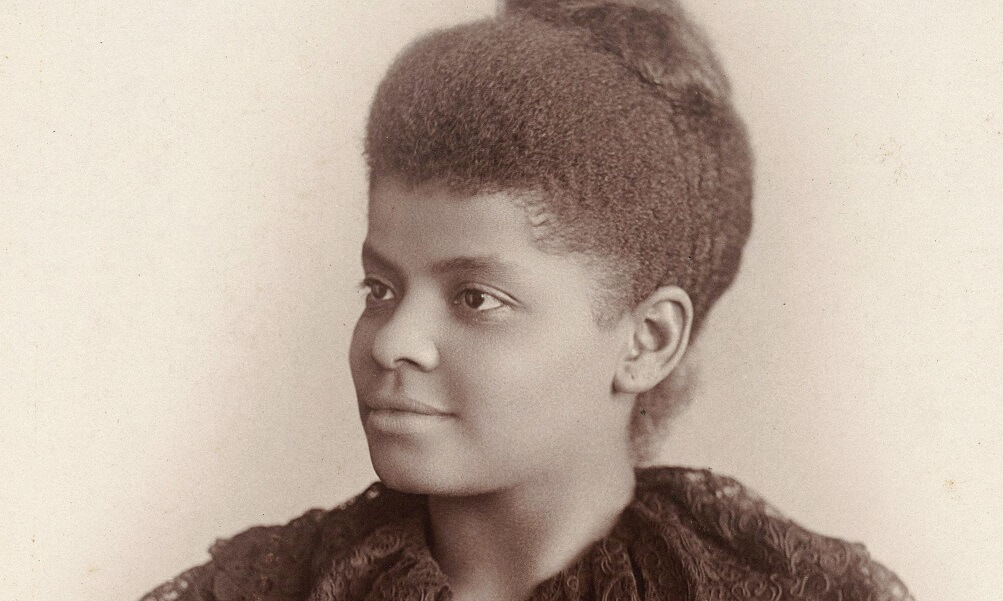
Born a year before emancipation, journalist Ida B. Wells is getting some overdue recognition for her brave and powerful reporting on injustice.
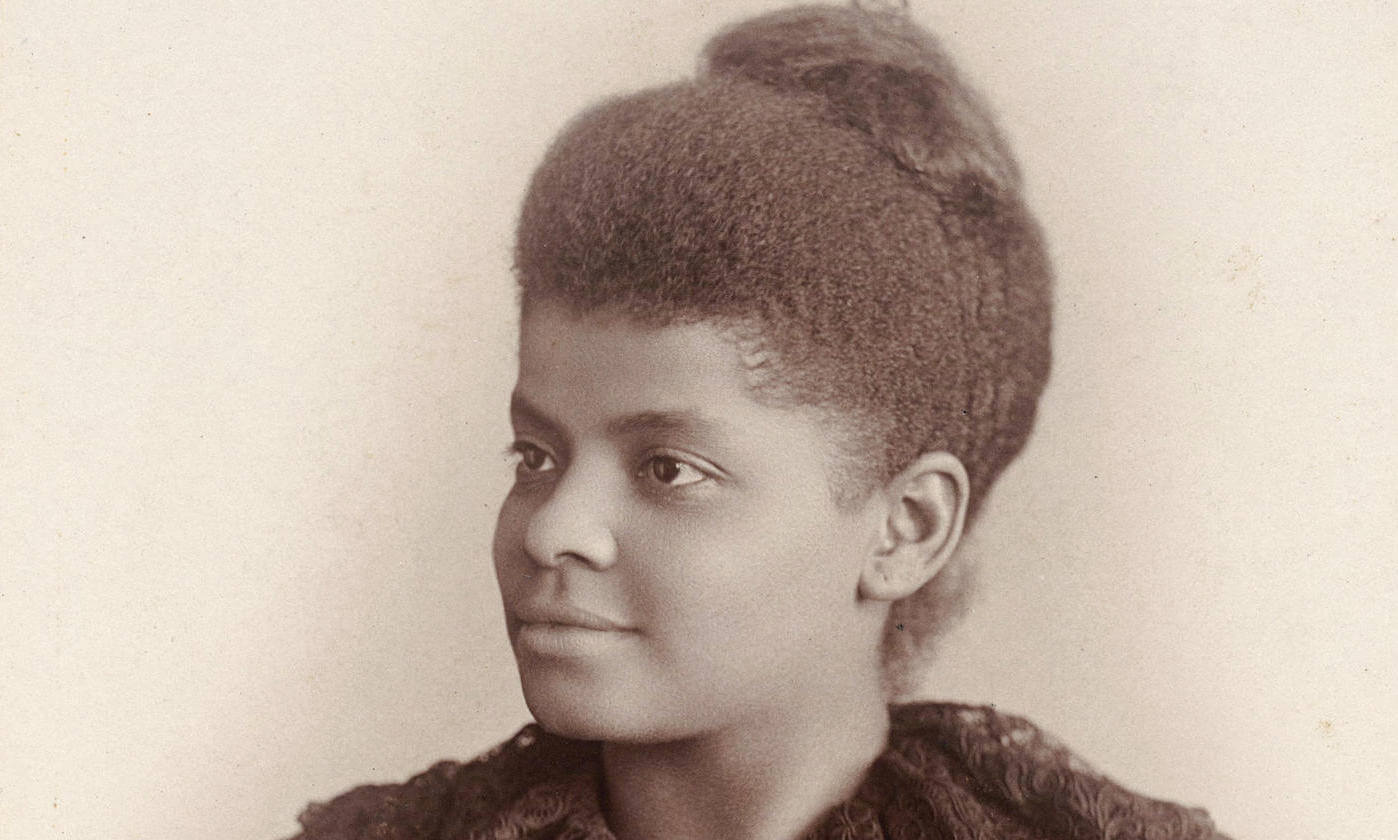
Journalist Ida B. Wells was as civil rights activist during the late 1800’s. Her tireless struggle for justice helped spark the movement for equal rights.

Folktales show us a lot about who we once were and still are. Check out these descriptions of nine classic characters from American folklore: Paul Bunyan, John Henry, Sally Ann Thunder, Johnny Appleseed, Mike Fink, Pecos Bill, Geronimo, and Old Stormalong. Why were they so famous? Why are they still famous today?
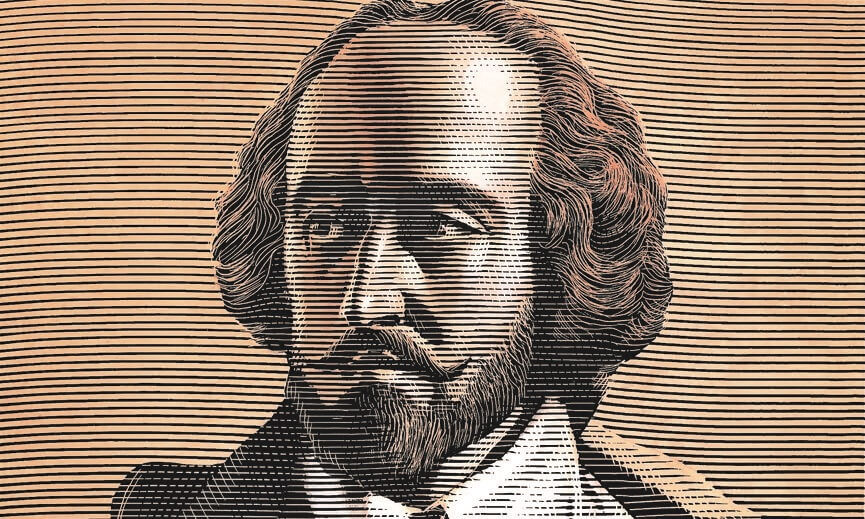
One silver lining of shelter-in-place orders is that they might give rise to creativity. Learn more about a popular idea that sets the bar high.

The U.S. Treasury recently decided to put Harriet Tubman on the $20 bill. Click on this link to read a discussion by several writers and editors from The Atlantic about the significance of this change to American currency.

Abraham Lincoln once wrote, “I think nothing equals Macbeth.” Learn about how Shakespeare’s dramatic exploration of ambition may have affected how Lincoln acted on his own ambition.

President Theodore Roosevelt was brash, daring, and adventurous. He was also deeply committed to the cause of preserving America’s forests and wilderness. Explore the links in this American Experience website to learn more about what nature did for “TR” and what he did for nature.
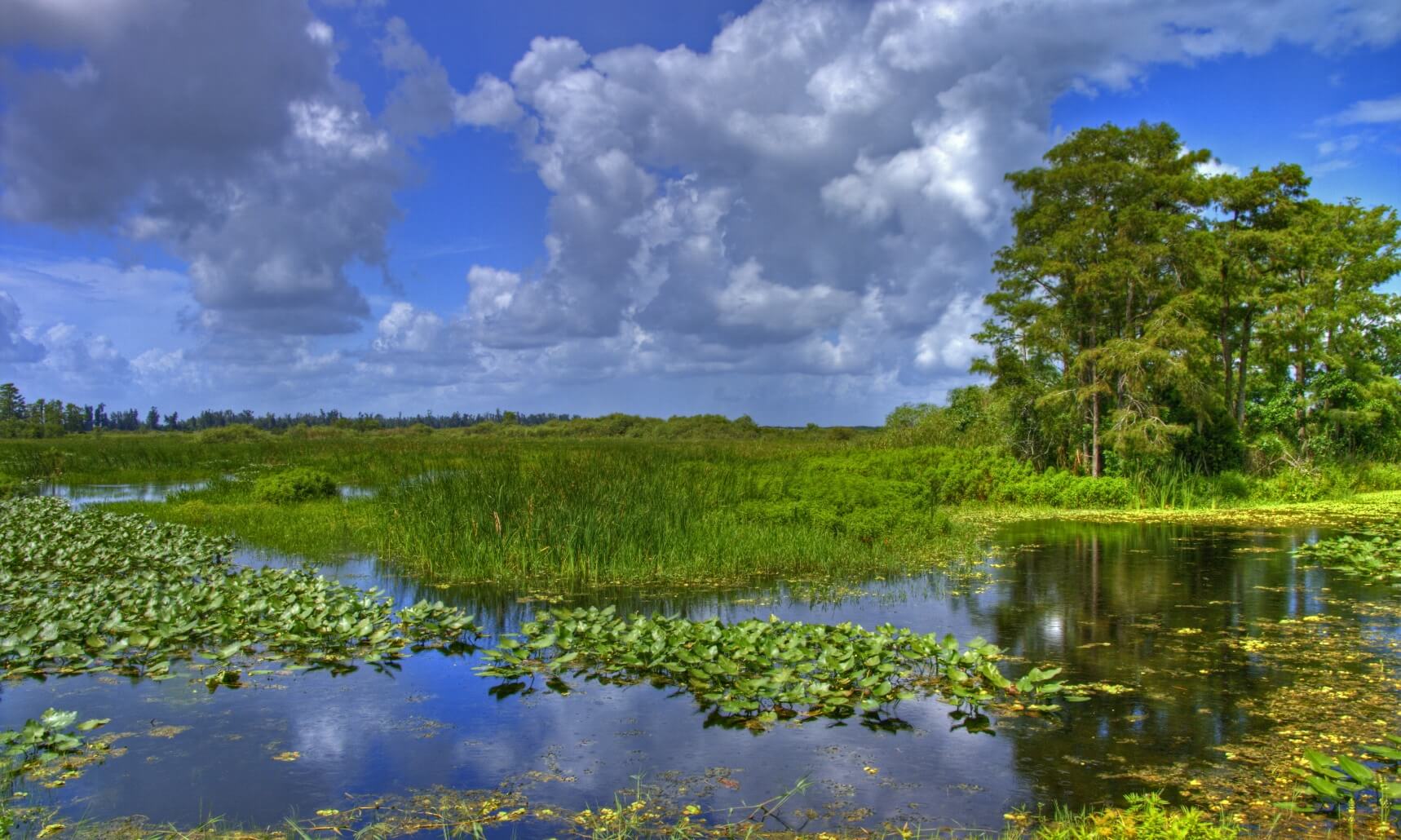
Read about how one dedicated voice turned the view of Florida’s Everglades from negative to positive.

George Washington retired shortly after the American Revolution and re-emerged on the political scene several years later. In this essay, historian Edward Larson emphasizes the significance of these actions and makes a connection to modern global revolutions.

Learn about Mark Twain’s life through this collection of texts, photos, illustrations, and other media.

Recently found letters and documents have uncovered that Richard Henry Green, an African-American man, graduated from Yale in 1857, nearly 20 years earlier than the man who was believed to be the first African-American graduate from Yale.
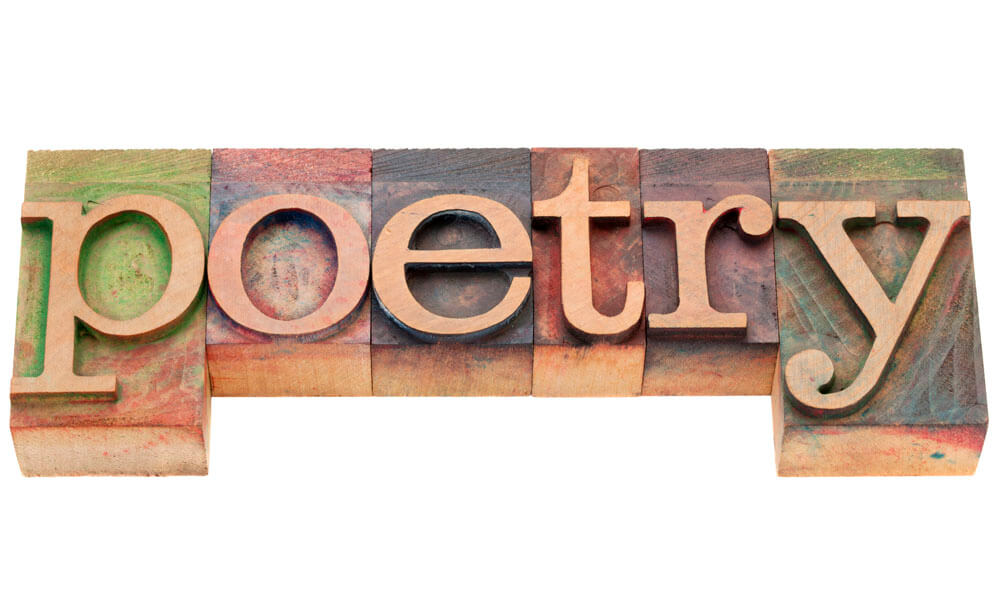
Emily Dickinson is often thought of as a solitary figure who never intended for her poetry to be published. Click this link to read about a 2018 dramatic comedy that challenges these notions.
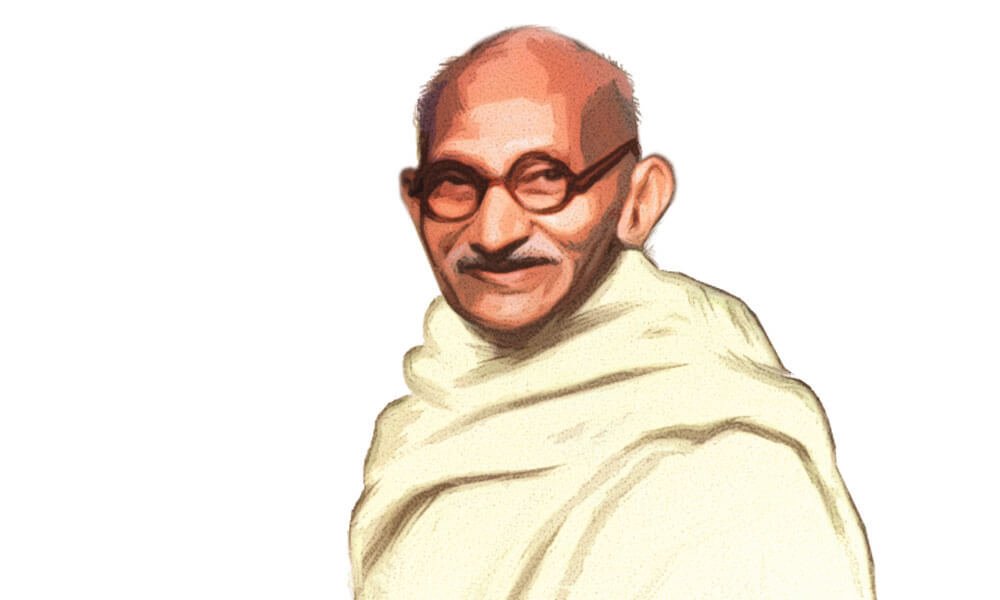
In August of 1942, Mohandas Gandhi gave an influential speech urging Indians to stand up for their liberty. Read to learn more about India’s struggle for independence and the historical significance of Gandhi’s speech.

Amelia Earhart was a pioneer and flying icon for her achievement both in the air and on the ground. Read more about society’s continued fascination with her.

In 1865, former slave Jourdon Anderson was asked to return to the farm where he had been held captive for 32 years. Read this article to learn more about Anderson’s witty, sarcastic response and to read excerpts from his letter.

In Beaufort, South Carolina, people come together every year to remember the day President Lincoln read the Emancipation Proclamation. Read this brief article to see how they celebrate.